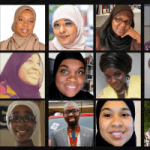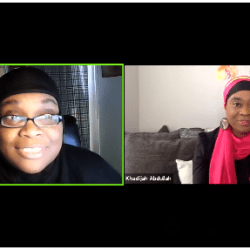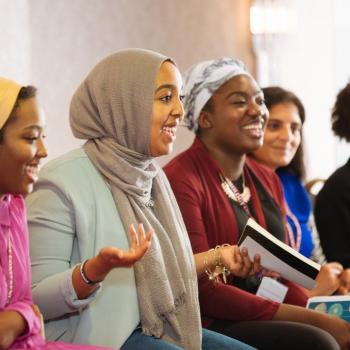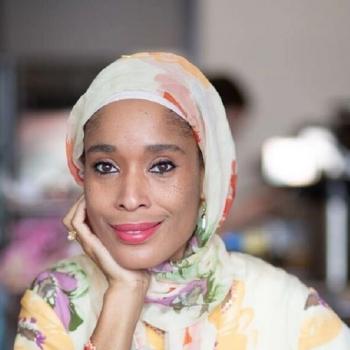Kameelah Rashad – This is What Black Muslims Do
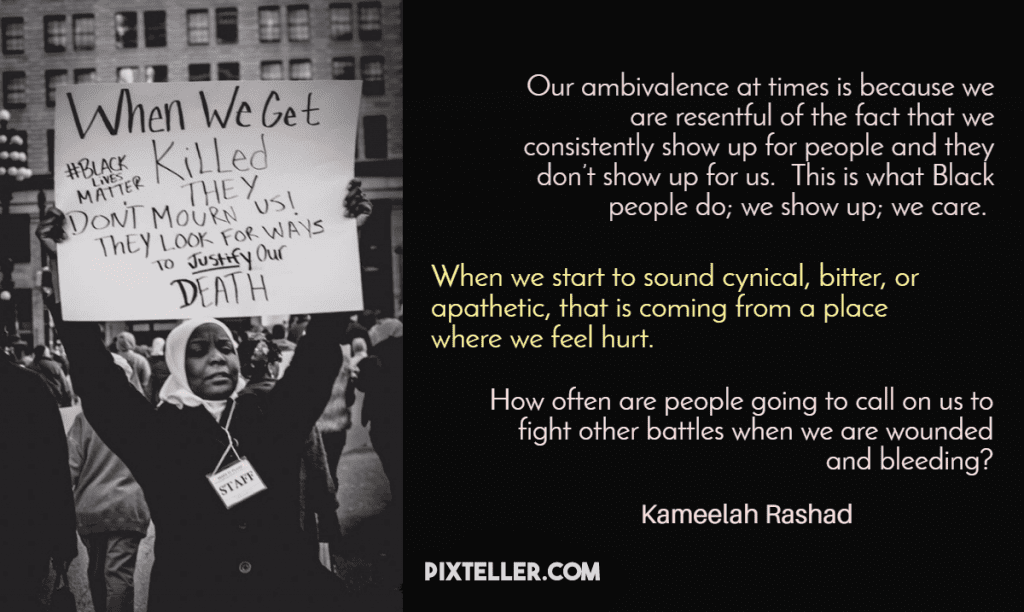
Folks forget that we (Black Muslims) also experience Islamophobia. Our ambivalence at times is because we are resentful of the fact that we consistently show up for people and they don’t show up for us. This is what Black people do; we show up; we care.
We show up and expect people to be grateful, but that won’t always be the case. We have to be able to take some comfort in Allah (SWT) seeing us. When we come out, we model what Islam is supposed to be. If support is not reciprocated, we can be hurt and upset, but we have to remind ourselves that this is for Allah (SWT), and the reward we get from Him is unimaginable.
When we start to sound cynical, bitter, or apathetic, that is coming from a place where we feel hurt. How often are people going to call on us to fight other battles when we are wounded and bleeding?
That’s when we stand arms-length in a way that is ridiculing and mocking non-Black Muslims for their level of hysteria. Part of what is difficult is the history and patterns reveal that if a kid got shot tomorrow, in a clear act of anti-Black violence, we know many non-Black Muslims are not going to be there. So, when we see so much lamenting and crying, we are mad as hell.
But Black American Muslims are also erasing Black African Muslims. We have internalized this notion that American Muslims don’t look like us. They’ve done a very good job of making sure that is what we do. Sudanese and Somali Muslims have been under attack for decades in this country and are wondering what they are going to do. So, to say “here they going crying” indicates that you are mainly focusing on Arabs and South Asians. We have to be careful when we ask who is being erased.
It is important that we talk about why we are so angry with each other. There is a lot of misunderstanding and not knowing the histories of how we are oppressed. We have to understand that our communities are connected. I feel compelled to speak out against the Muslim Ban, even though I am from here because I know that the Muslim Ban can turn into “we need all Muslims to live in a certain place.” We see how things can morph.
Be discerning; don’t be a martyr, but think about the vulnerable people who will suffer because we decided to be spiteful and say, “you are on your own.”



